Nicola Lacey and Hanna Pickard[1] draw upon the evolutionary psychology literature in a recent paper to find that both vengeance and forgiveness are universal human adaptations that have evolved as alternative responses to exploitation. This is why all cultures have both retributive traditions (that are more concentrated on out-groups such as invaders) and forgiving traditions (more concentrated on in-groups). What is most interesting is that societies with the most potent warlike cultural resources are also those with the richest survivals of restorative resources. Recurrent histories of warmaking help build cultural sophistication in peacemaking. More recurrently peaceful societies can, therefore, learn from them.
In conditions of modernity, when being emotionally fit to repel village invaders no longer improves survival prospects (better to flee as a refugee), our forgiving evolutionary psychology and our forgiving cultural survivals are more useful to us than our vengeful ones. The evidence today is that forgiving people live longer. Moreover, being a forgiving person has many other health, stress, and well-being benefits.
Forgiving hearts pump more gently, get better quality sleep, and suffer less chronic pain. Another reason forgiving people live longer is that they have happier marriages. Because there is also a strong association between death and living with post-traumatic stress symptoms in the long term, some restorative justice theorists suspect a connection between all of these results and Caroline Angel’s finding that victims whose case is randomly assigned to restorative justice suffer significantly fewer post-traumatic stress symptoms.[2] I discuss the literature on these empirical claims about forgiveness in my 2016 essay in the Oxford Journal of Law and Religion, ‘Redeeming the ‘F’ Word in Restorative Justice’.
Particularly insightful in the Lacey and Pickard analysis is their conclusion that ‘Where Associational Value is high, the orientation to forgiveness and reparation is accordingly enhanced; where it is low, the orientation to retaliation will be stronger.’ Families, schools and workplaces are contexts where associational value tends to be high. At a macro level, associational value is also high when people from different religious or ethnic groups who have been killing each other in a civil war have an opportunity to improve their lives by learning to live together in peace again.
One of the problems in the way we think about forgiveness is that we tend to think of it as a dichotomous variable. We choose to forgive or we don’t. This leads to a variety of analytic errors. Those of us who believe in forgiveness say to ourselves, or to others, that we have forgiven someone when in fact we have not. In good faith we believe we have forgiven, but quite close to our emotional surface lingers a truth that we retain simmering anger toward them.
Milo Milburn argues that if we wish to improve the mental and physical health of people we will do better to treat ‘unforgiveness’ as a continuous variable.[3] That is, instead of psychotherapists encouraging people to ‘forgive’, the objective of therapy becomes ‘unforgiveness reduction’. This also means that in transitional justice after war, Desmond Tutu may be wrong to believe that there is No Future Without Forgiveness, the title of his book on South Africa. Rather transitional justice might consider the more modest hope that there can be a better future with progressive reduction of unforgiveness.
References
[1] N. Lacey and H. Pickard (2015) ‘To Blame or to Forgive? Reconciling Punishment and Forgiveness in Criminal Justice’ Oxford Journal of Legal Studies 35(4), 665-696.
[2] Caroline Angel (2005) ‘Victims Meet their Offenders: Testing the Impact of Restorative Justice Conferences on Victims’ Post-traumatic Stress Symptoms’ (PhD Dissertation, University of Pennsylvania); C. Angel and others, ‘Effects of Restorative Justice Conferences on Post-Traumatic Stress Symptoms Among Robbery and Burglary Victims: A Randomized Controlled Trial’ Journal of Experimental Criminology 10(3), 291-307.
[3] Milo Milburn (2015) ‘To Forgive is to be Sane and Realistic’ Journal of Rational-Emotive & Cognitive-Behavior Therapy 33(4), 325-340

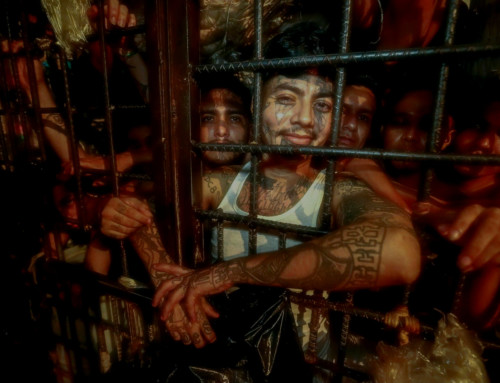
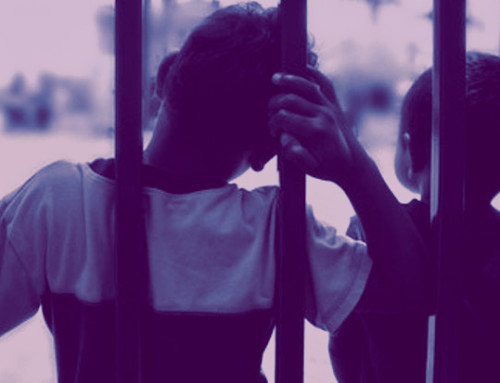
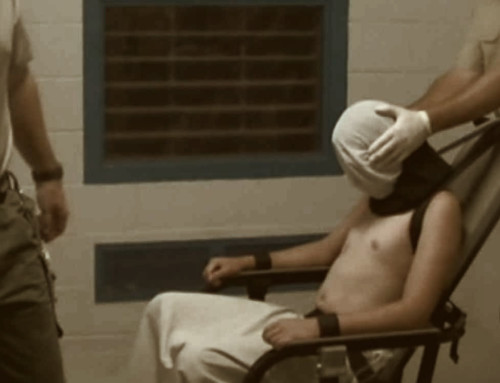
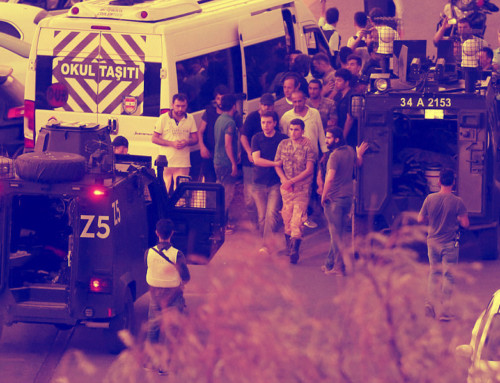
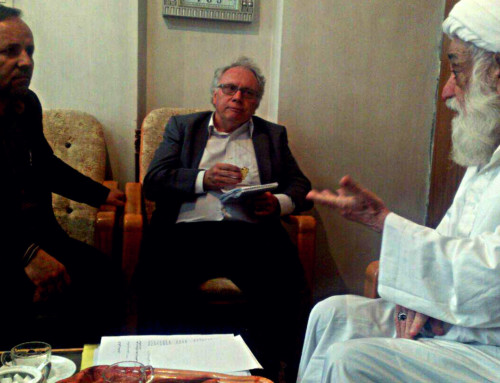
Leave A Comment